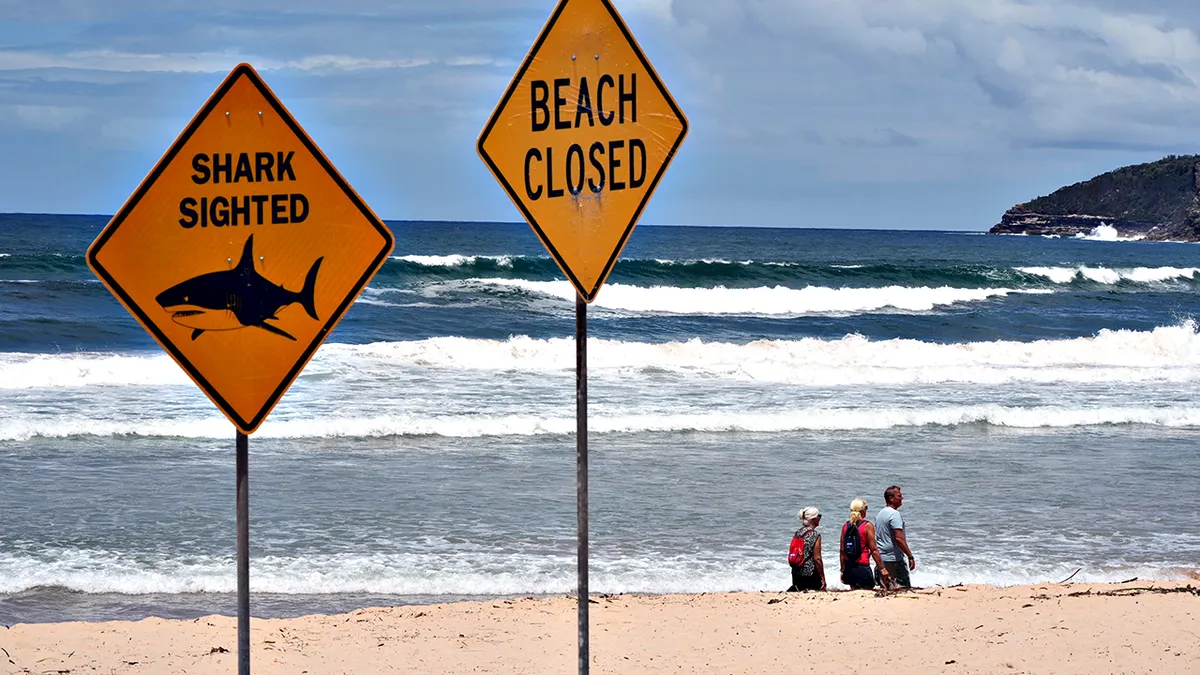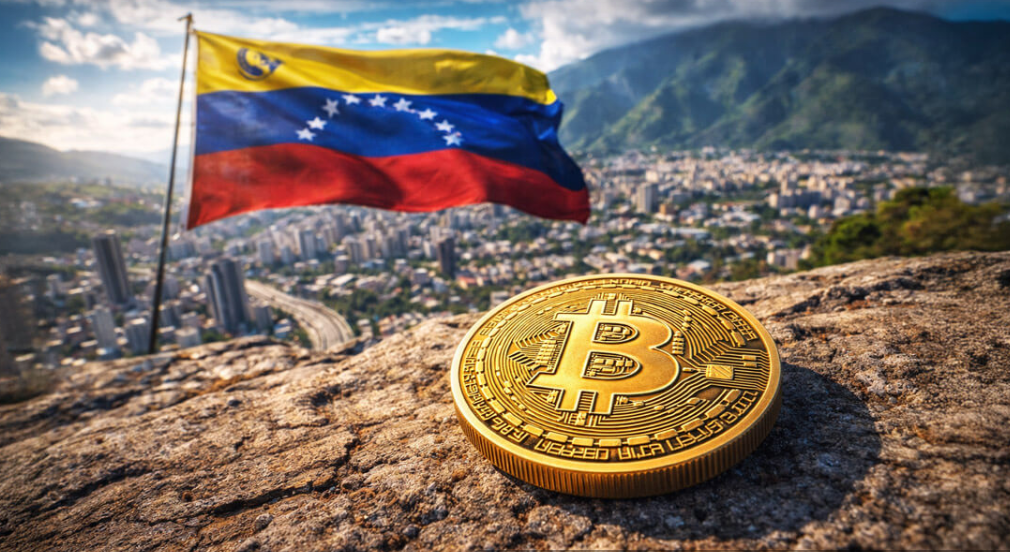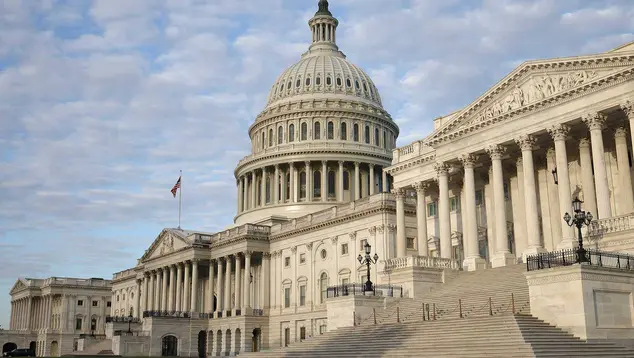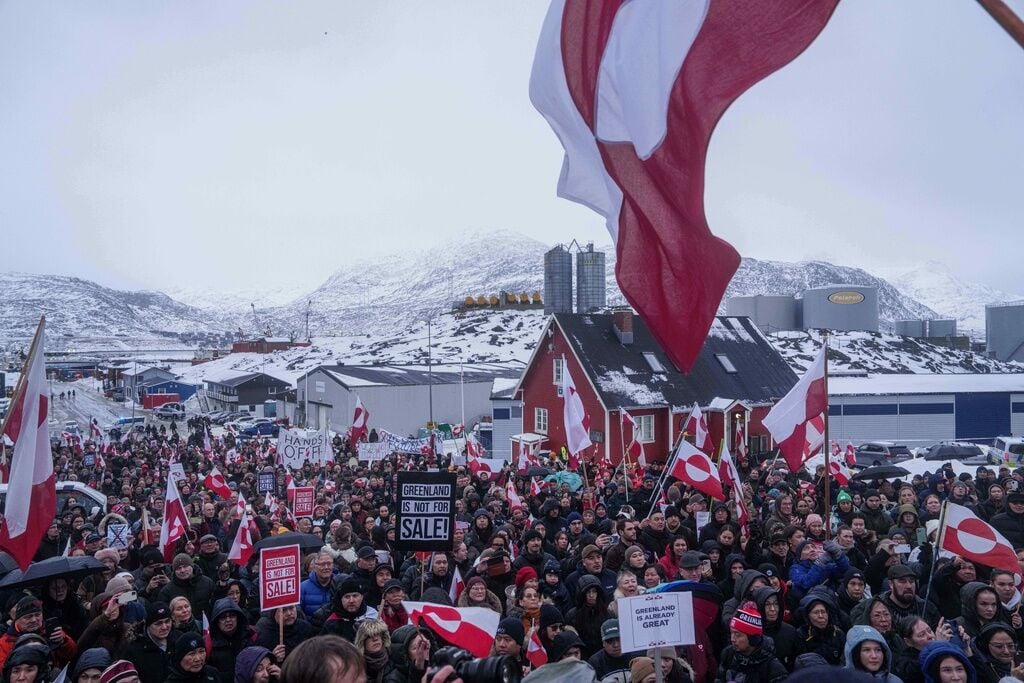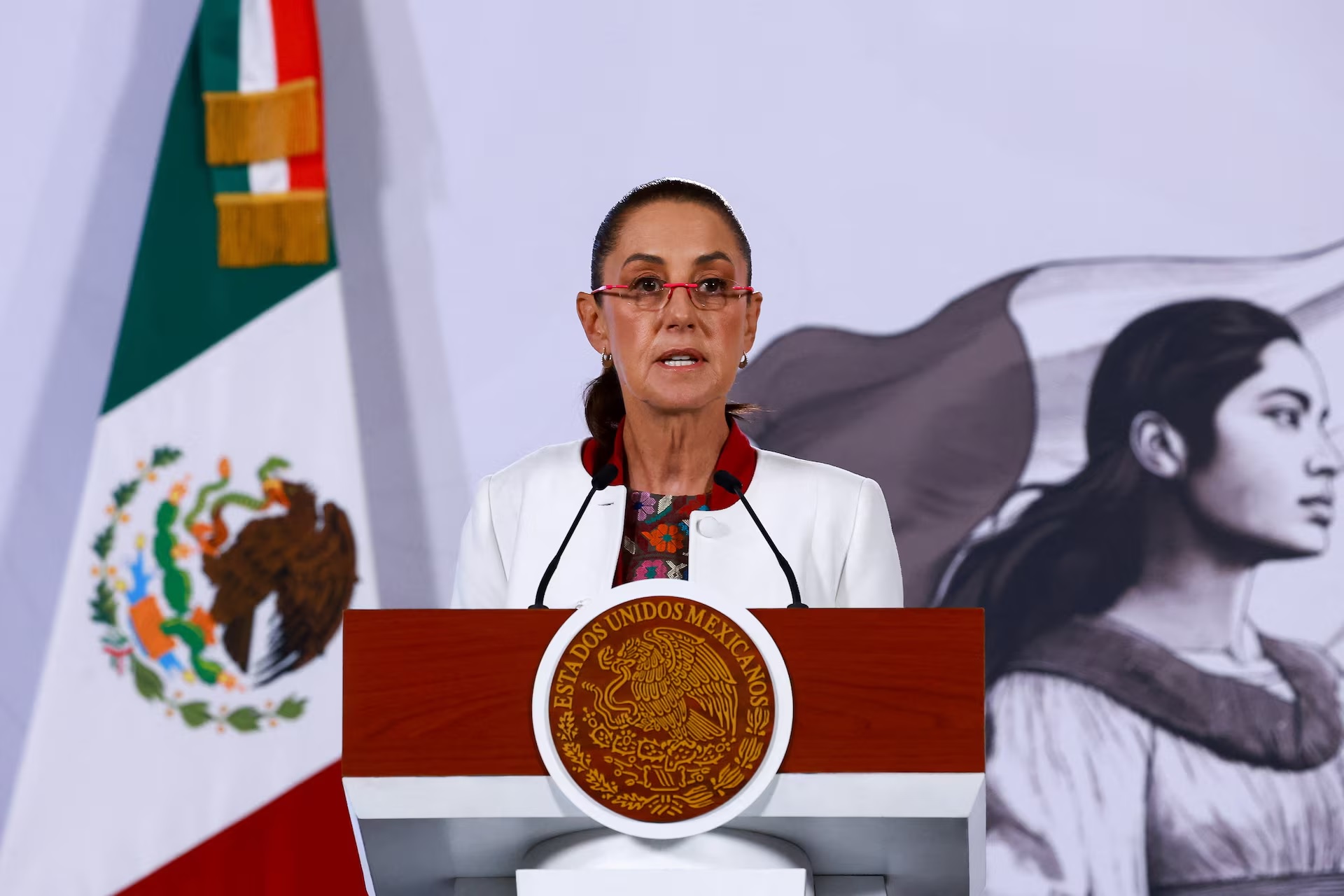Global Markets React to Geopolitical Tensions

Elon Musk to Attend Pentagon Briefing Amid Speculations
The New York Times,
Elon Musk, CEO of Tesla and SpaceX, is scheduled to attend a Pentagon briefing today regarding the U.S. military’s strategies concerning potential conflicts with China. Reports indicate that Musk, an advisor to President Donald Trump, requested this briefing, which will be conducted by Defense Secretary Pete Hegseth alongside Admirals Christopher W. Grady and Samuel J. Paparo. While Hegseth describes the meeting as informal, focusing on innovation and production efficiencies, the sensitivity surrounding U.S. war plans has raised concerns. Musk’s extensive business ventures, including significant interests in China, have led to discussions about potential conflicts of interest, especially given his previous commentary on military acquisitions.
Heathrow Airport Shut Down Following Major Fire
Financial Times,
London’s Heathrow Airport, one of the busiest in the world, has been closed throughout Friday due to a significant fire at a nearby electrical substation, resulting in extensive power outages. The incident has led to the cancellation of nearly 100 flights and the diversion of approximately 120 others to alternative airports, disrupting travel plans for countless passengers globally. Emergency services are actively addressing the situation, and passengers are advised to contact their airlines for updates. The cause of the fire remains under investigation, with authorities working diligently to restore normal operations.
Resumption of Hostilities in Gaza Following Ceasefire Collapse
The Guardian,
In a sudden escalation, Israel launched extensive airstrikes across the Gaza Strip, effectively ending the ceasefire that had been in place since January 19, 2025. The surprise offensive resulted in over 400 Palestinian casualties, including a significant number of women and children. Israeli officials stated that the operation targeted Hamas leadership and infrastructure, citing stalled negotiations and the cessation of hostage returns as catalysts for the renewed military actions. The international community has expressed deep concern over the escalating violence, with calls for restraint and the resumption of peace talks to prevent further humanitarian crises in the region.
Global Markets React to Geopolitical Tensions
Reuters,
Global financial markets are experiencing heightened volatility amid escalating geopolitical tensions and significant economic developments. The re-election of President Donald Trump has led to substantial shifts in investor behavior, with U.S. equities experiencing rapid sell-offs. This has prompted a reallocation of investments towards European markets, particularly in defense sectors, and a resurgence in Chinese technology stocks. Conversely, emerging markets such as Turkey, Indonesia, and Colombia are facing financial instability due to domestic challenges. Investors are closely monitoring new U.S. economic data, especially inflation indicators, as the Federal Reserve assesses the implications of recent trade policies. Additionally, the United Kingdom’s government is under scrutiny over weak growth and unexpected borrowing, raising concerns about potential austerity measures.
World Glacier Day Highlights Climate Change Concerns
Associated Press,
The inaugural World Glacier Day is being observed today, drawing attention to the critical role glaciers play in the global freshwater supply and the pressing need for their conservation. In Argentina, the Perito Moreno Glacier has become a focal point, attracting tourists eager to witness its dramatic calving events, where massive ice chunks detach and crash into the lake below. Local guides have noted noticeable declines in ice mass, underscoring concerns about global warming. The United Nations warns that without significant reductions in greenhouse gas emissions, half of the world’s glaciers could vanish by 2100, emphasizing the urgency for international climate action to preserve these vital natural resources.



